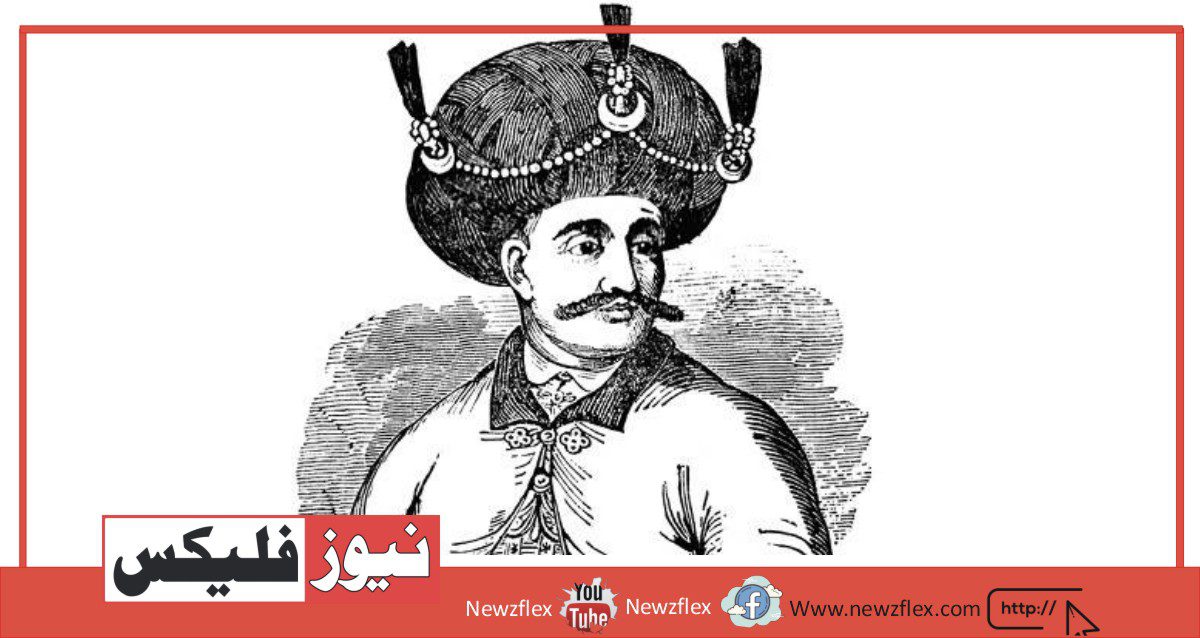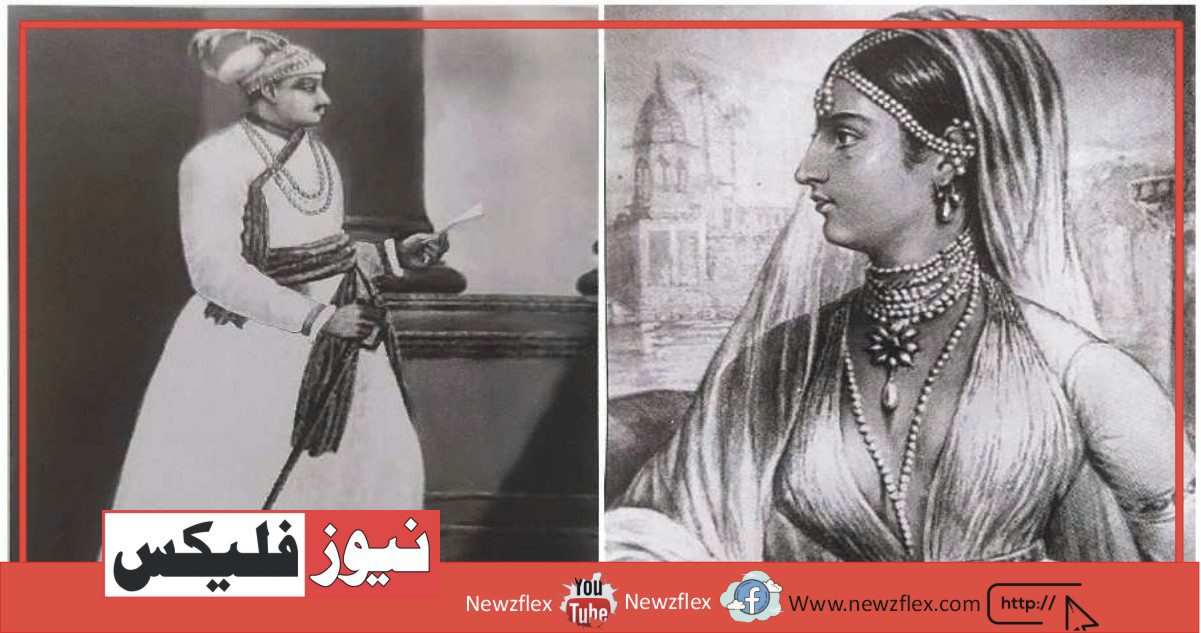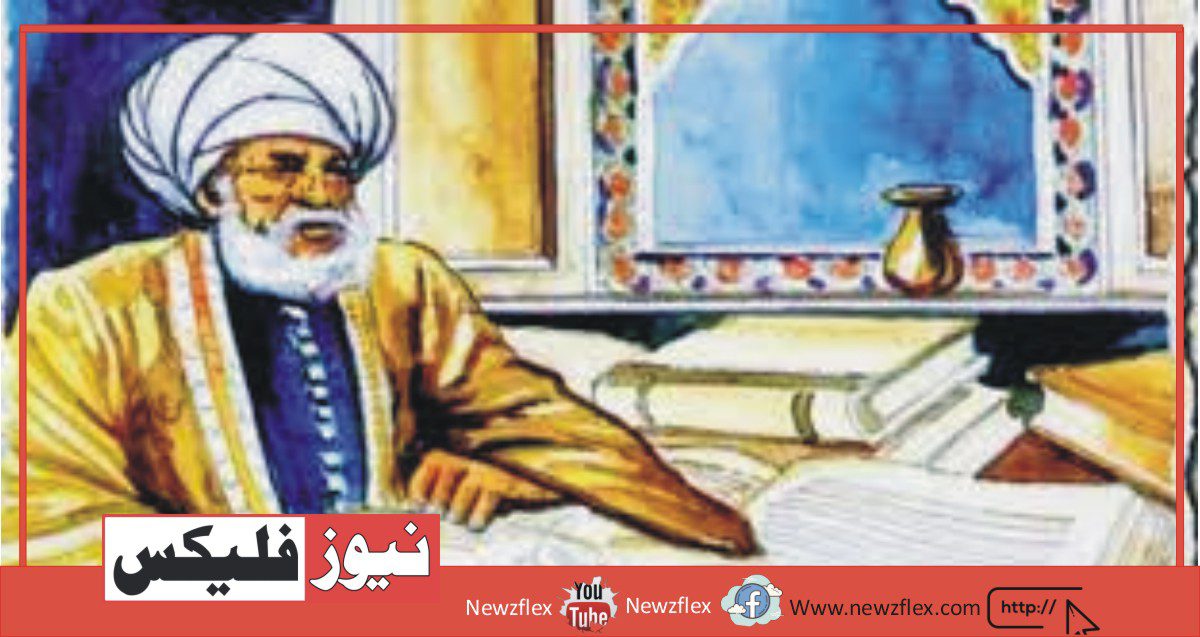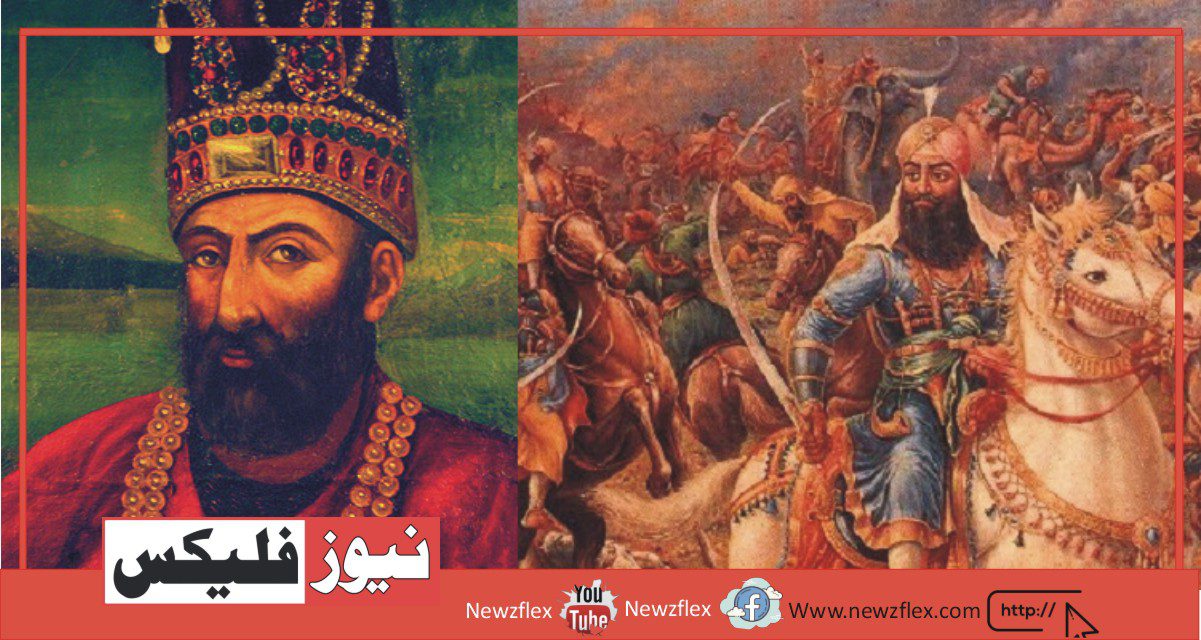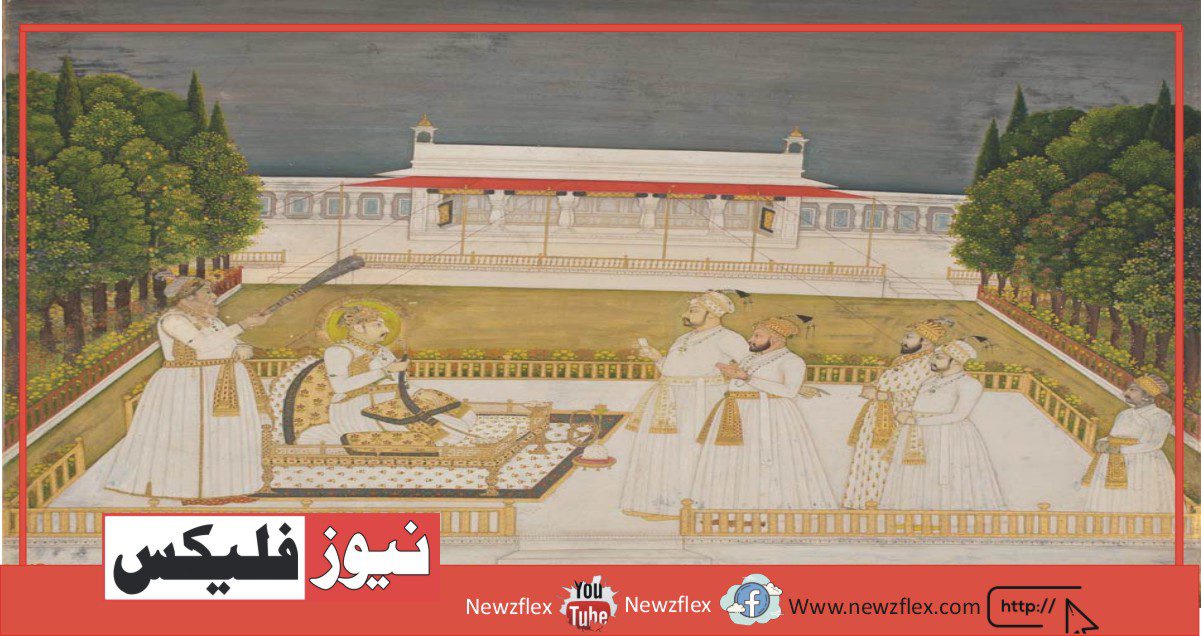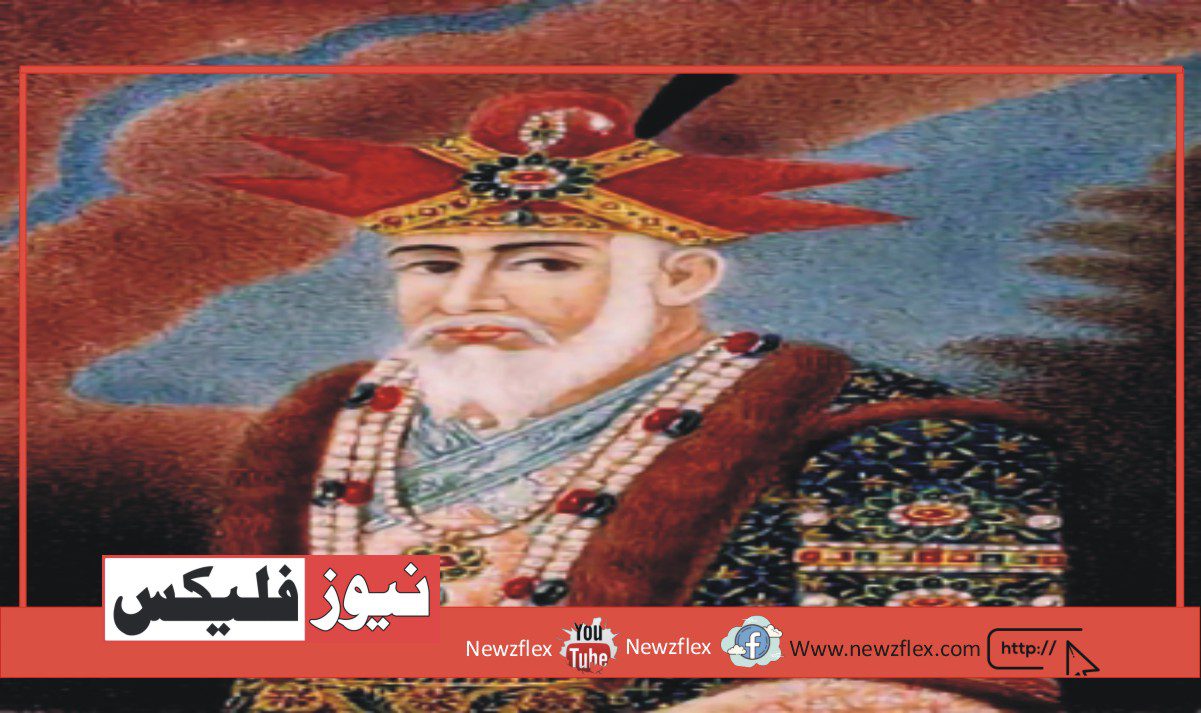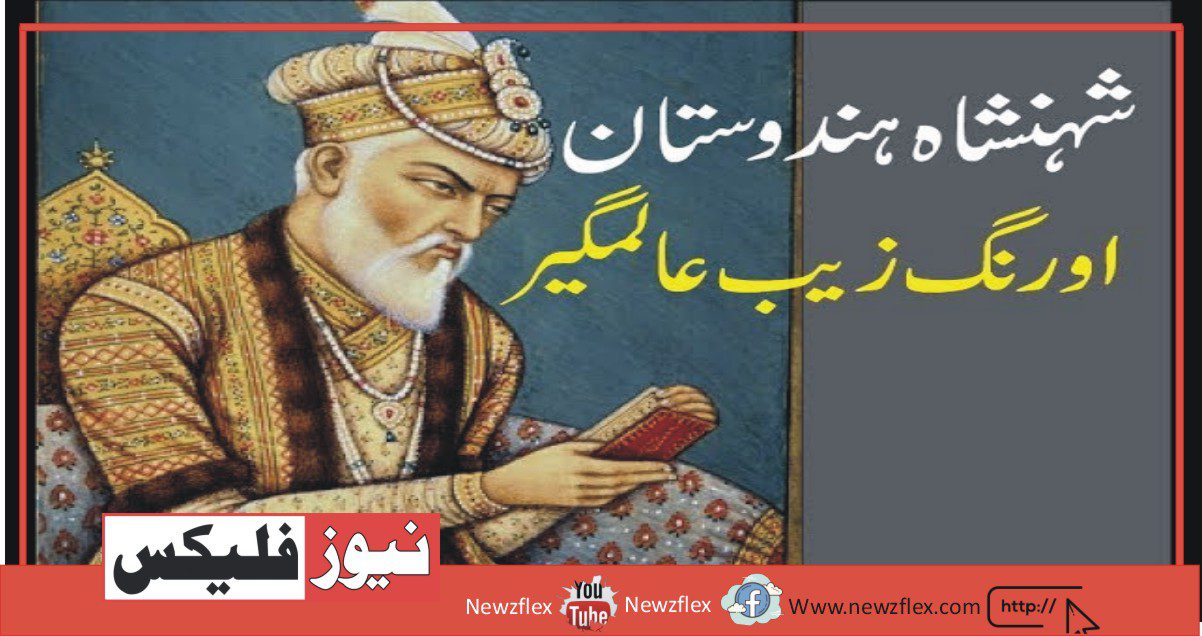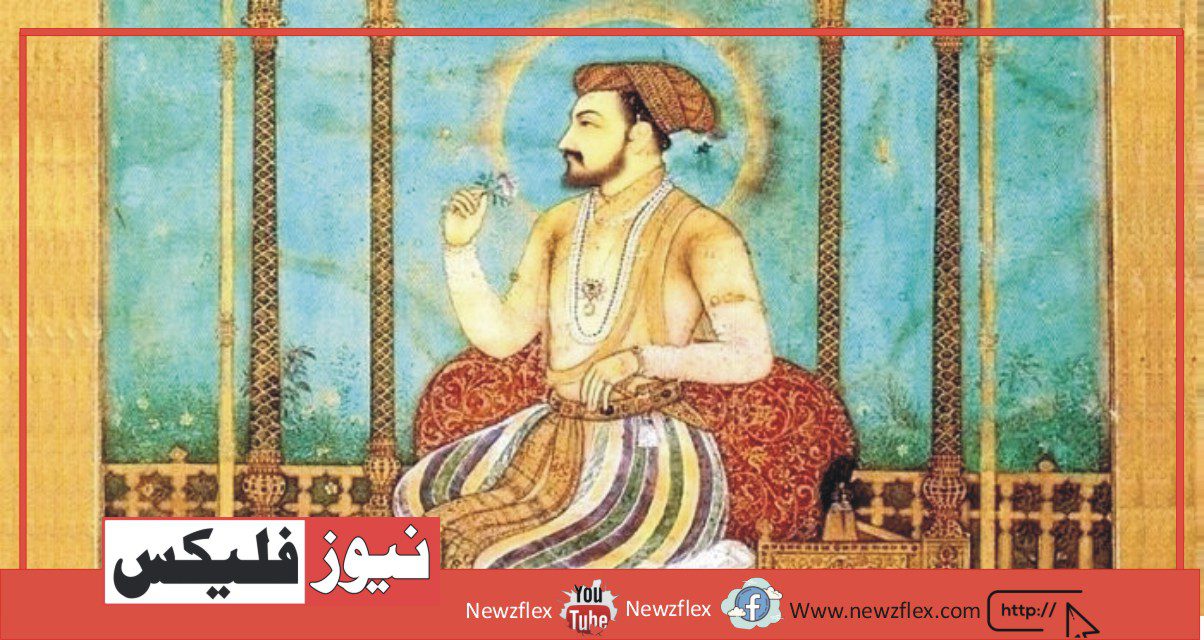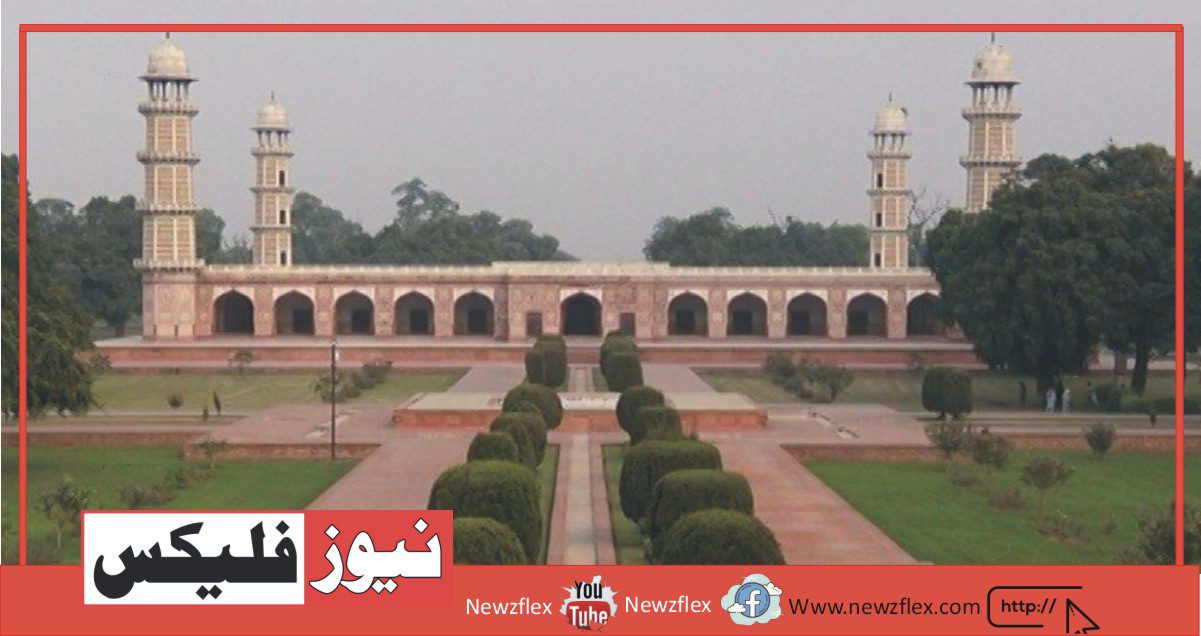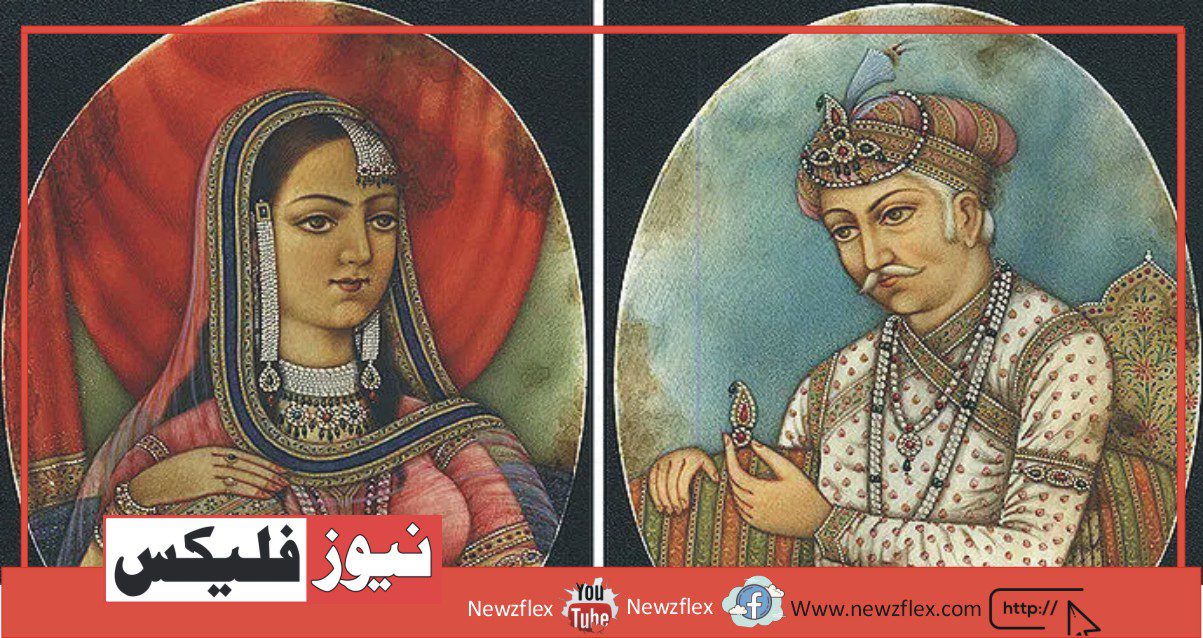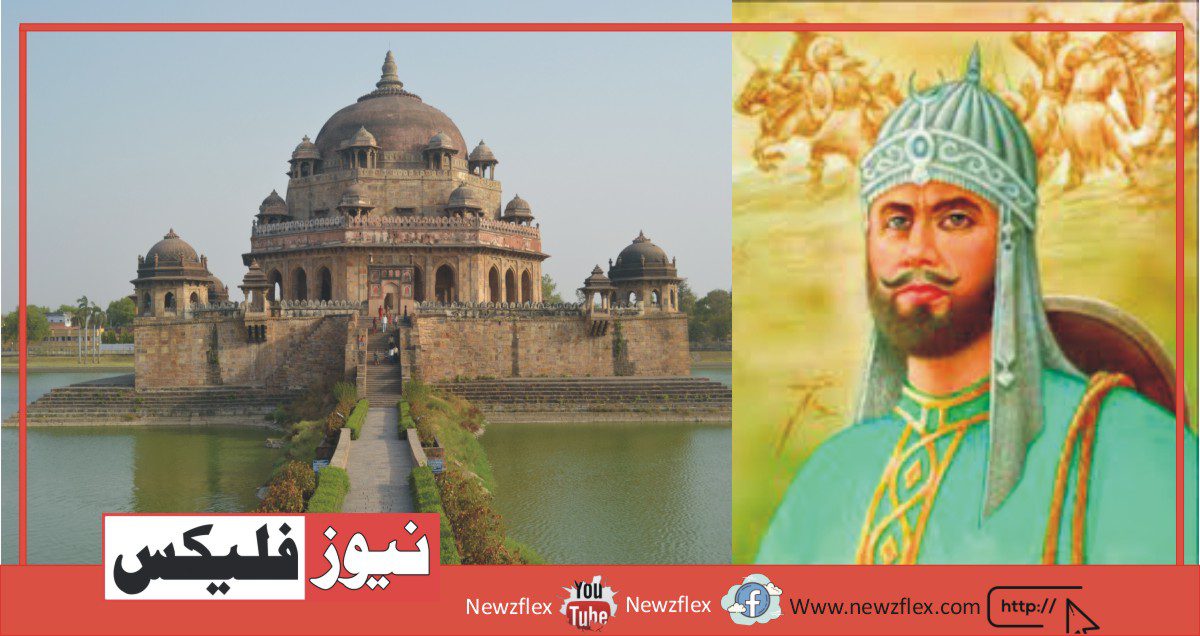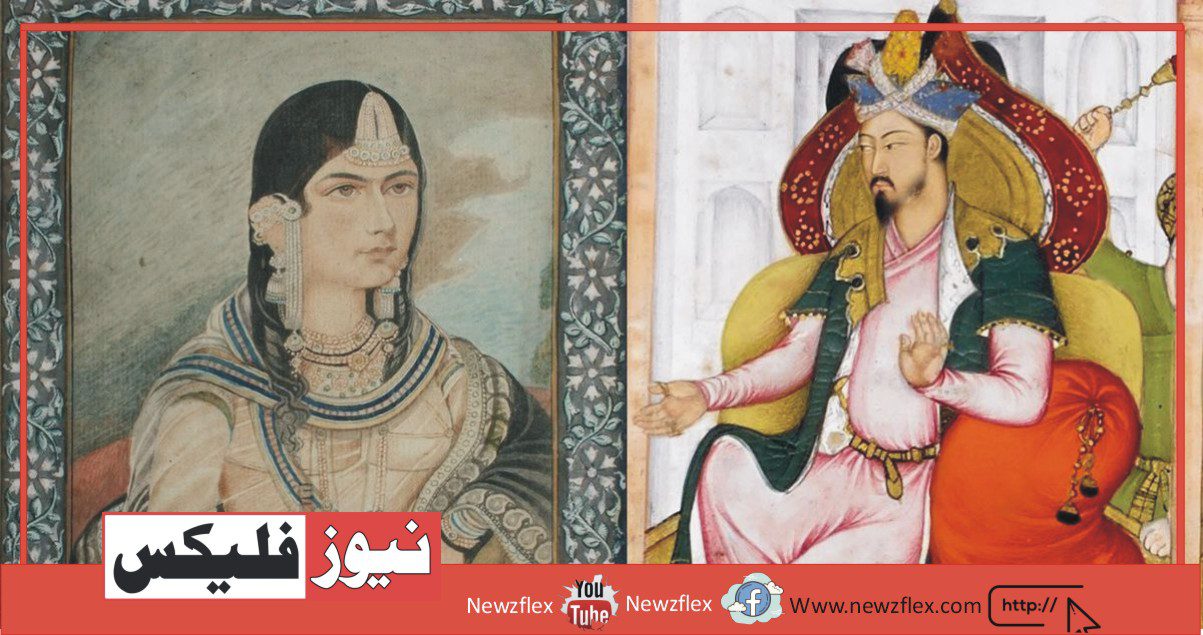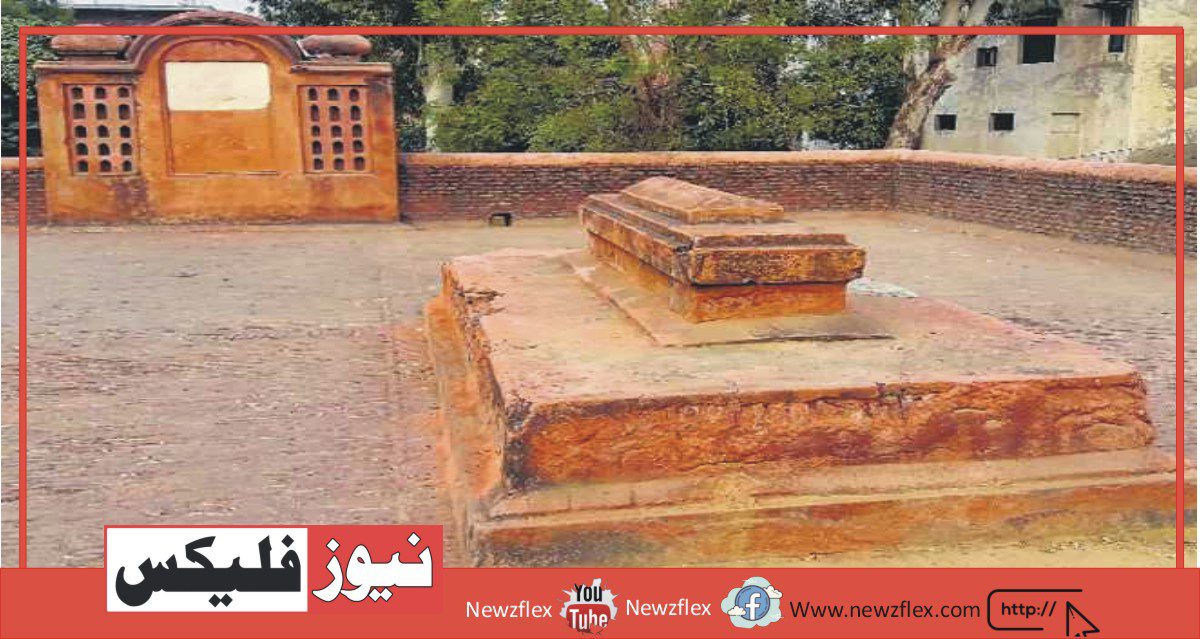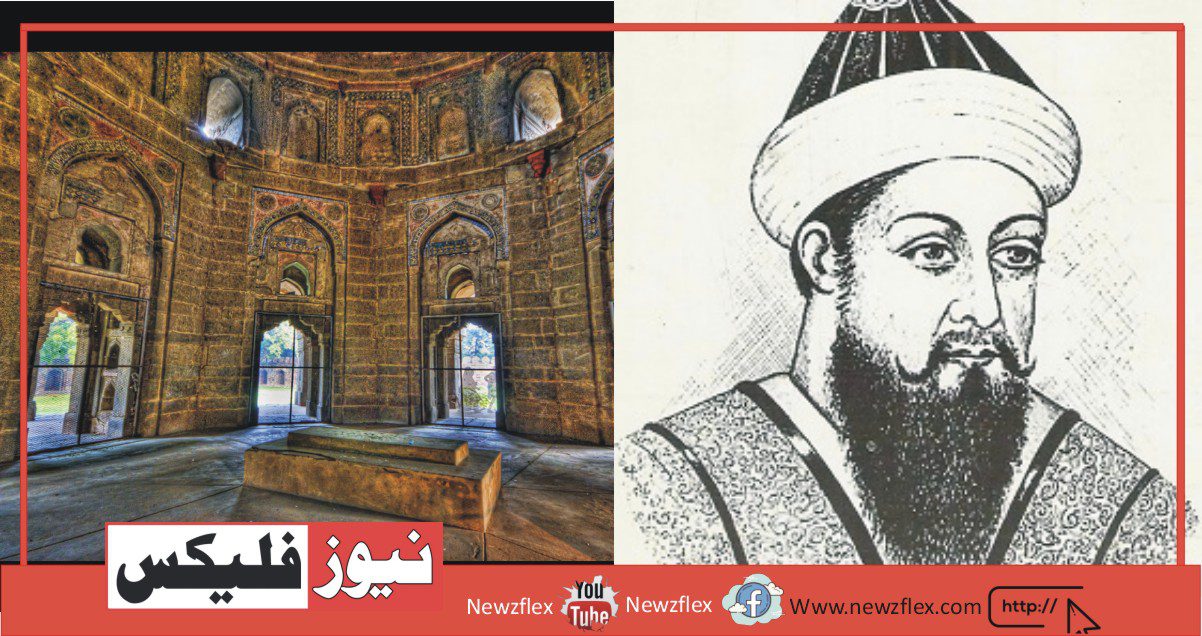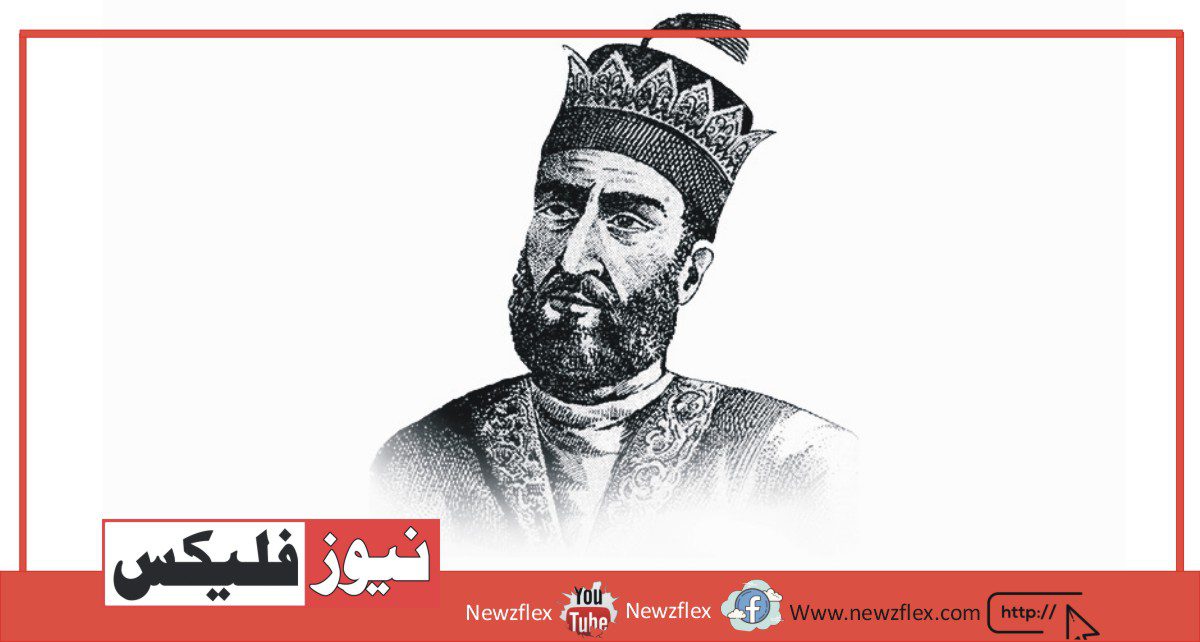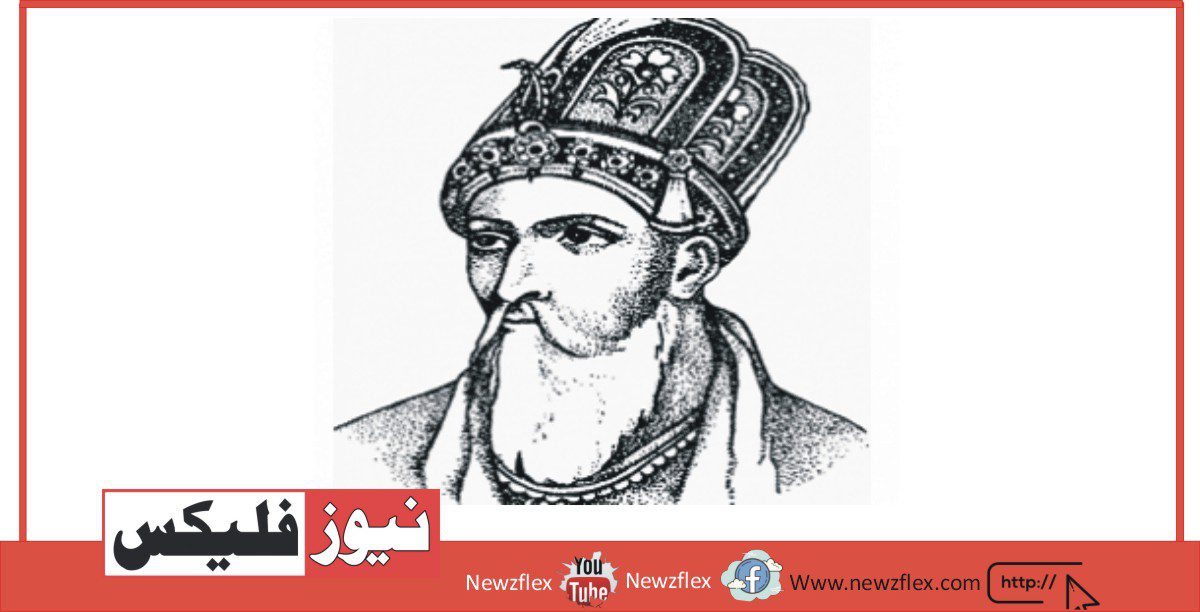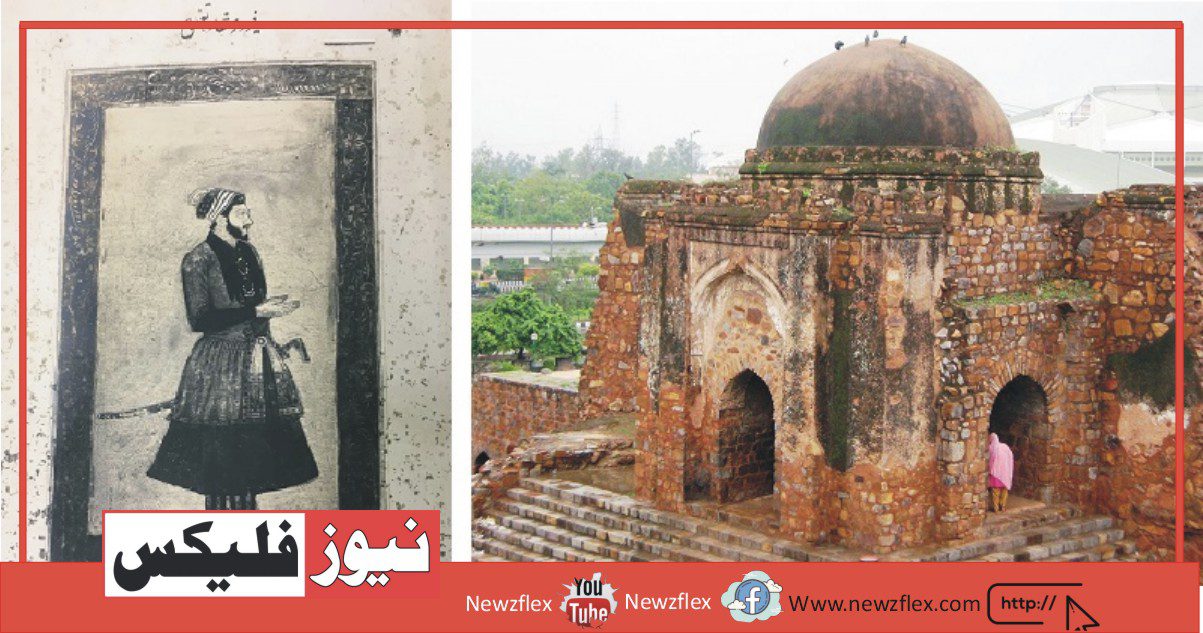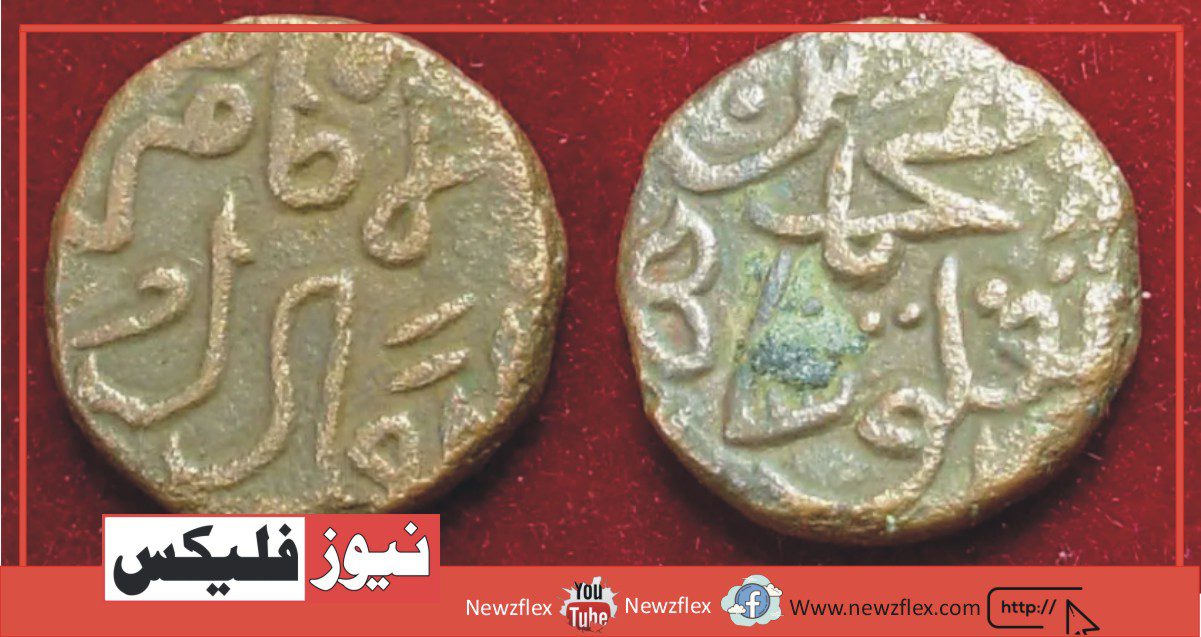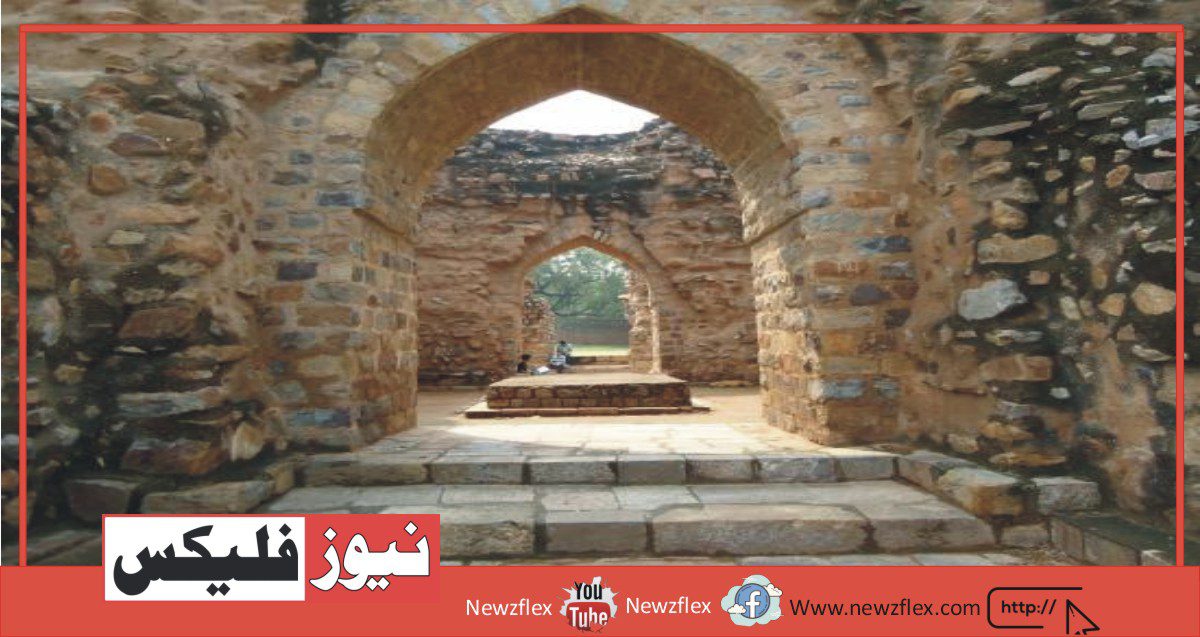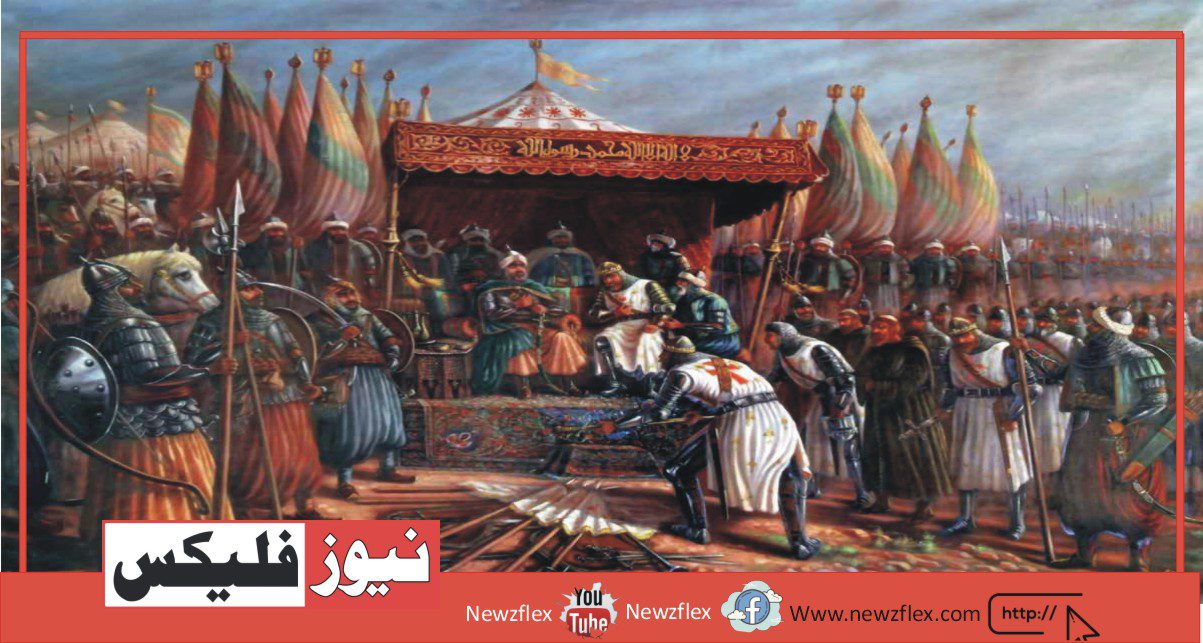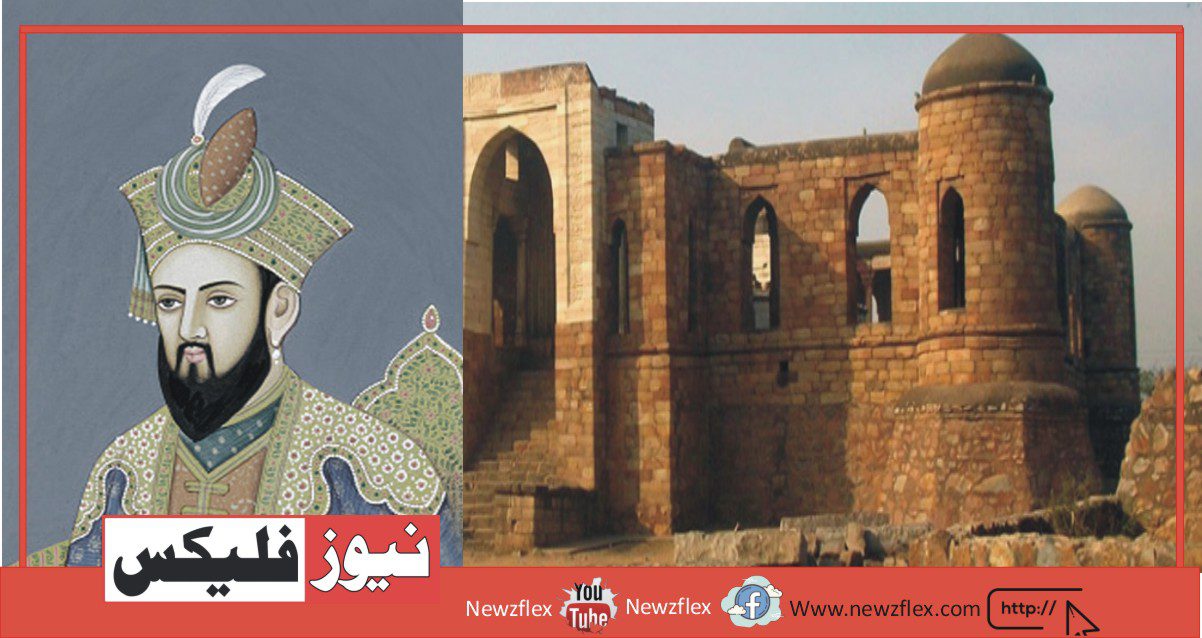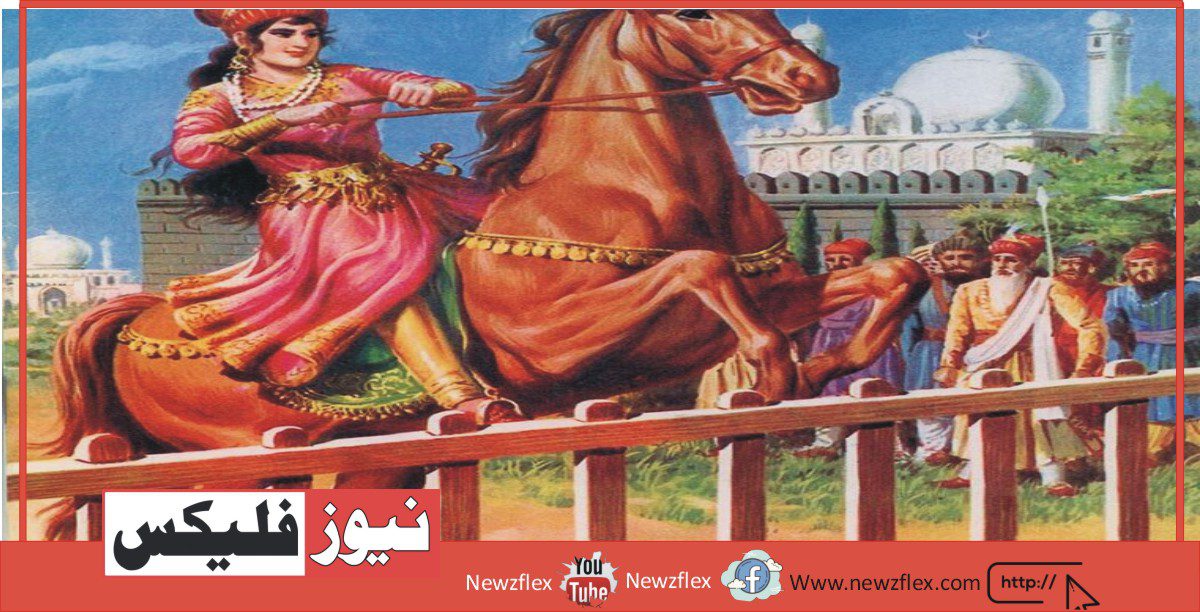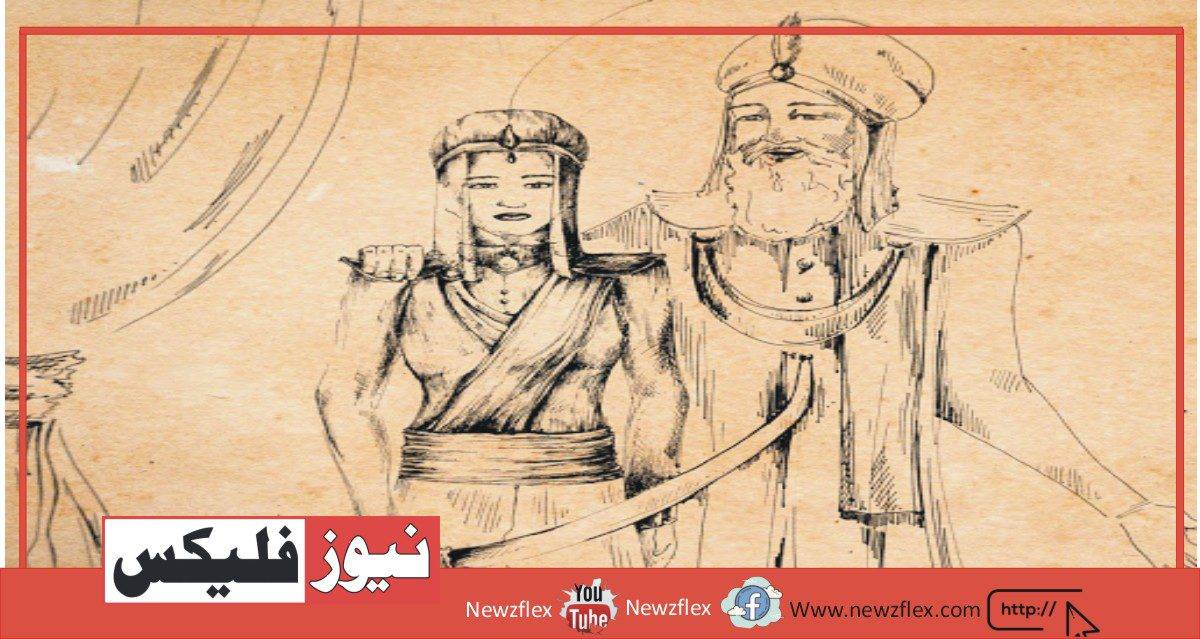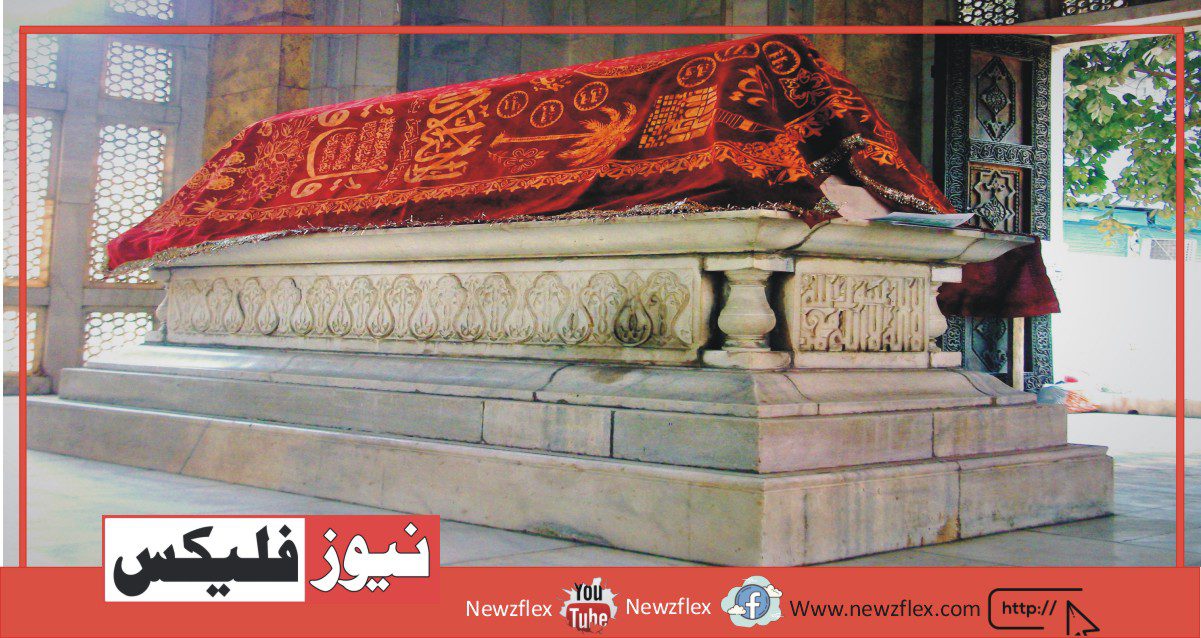Nadir Shah Nadir Shah also named Nadir Quli was born in 1688 in Khurasan (Afghanistan). He ruled Persia as Shah of Iran; he was brought up in the Turkoman tribe. He laid the foundation of the Afsharid Dynasty after becoming king of Persia. From his childhood, he was a brave, ambitious, and competitive kind of […]
Muhammad Shah Rangeela Muhammad Shah Rangeela was the Mughal Emperor who ascended to the Peacock Throne in 1719 which he occupied till his death in 1748. His name was Roshan Akhtar and was the grandson of Bahadur Shah 1. He was born in 1702 at Fatehpur Sikri and was just 17 years old when the […]
Muhammad Farukh Siyar Muhammad Farrukh Siyar was the Mughal emperor who remained at the helm from 1713 to 1719. He was the grandson of Bahadur Shah 1 and the son of Azim-ush-Shan. He was born on Sep 11, 1683 at Aurangabad, Deccan. His father was summoned to the court of the emperor Aurangzeb in 1707 […]
Aurangzeb Alamgir Aurangzeb had proved himself a capable commander and administrator as a prince. He was certainly a more successful military strategist and practical statesman than his brothers who contended against him for the throne gave him success against all of them. Aurangzeb, the third son of Shah Jahan, was born on 21 October 1618, […]
Shah Jehan Shah Jahan was one of the four sons of Jahangir. His original name was Khurram, born on January 1592, in Lahore to a Hindu mother, the daughter of Raja Udai Singh of Mewar. He was born under the care of Akbar’s childless wife Ruquiah Begum. While very young, he can be acknowledged to […]
Nooruddin Jahangir Jahangir was the son of the many prayers. Akbar wanted an heir to succeed him, he not only prayed to God but also begged for the blessings of saints to own a son. All previous children of the emperor had died in their infancy, ultimately, a son was born in August 1569, and […]
Sher Shah Suri Sher Shah was one of the greatest administrators and rulers of medieval India. the first name of Sher Shah, the lion king, was Farid. He was the grandson of Ibrahim Sur and the son of Hussain. His grandfather came to India in search of employment in the time of Bahlol Lodhi and […]
Nasiruddin Humayun Humayun “the Fortunate” was the eldest son of Babur.He had three brothers, kamran,askari and Hindal. He was born in Kabul in March 1508. He was the son of Mahim Begum who was probably Shia. Young Humayun learned Turki, Arabic, and Persian. On account of his careless habits, he didn’t acquire the exactness of […]
Ibrahim Lodhi After the death of Sikandar Shah, his eldest son Ibrahim was placed on the throne on 21st November 1517 with the unanimous consent of the Afghan Nobles and he took up the title of Ibrahim Shah. He was intelligent, courageous, and brave. He had a reputation for piety and orthodoxy. Like his father, […]
Sikandar Lodhi Bahlol Lodhi was succeeded by his son Nizam Khan who took up the title of Sikandar Shah. There was some hesitation on the part of the nobles to just accept Sikandar Shah as their ruler as his mother was the daughter of a goldsmith and her son was more of a plebeian than […]
Bahlul Lodhi Bahlol Lodhi was the founding father of the Lodhi Dynasty. In 1419, Sultan Shah, his uncle was appointed the Governor of Sirhind by Khizar Khan and given the title of Islam Khan. Farishta tells us that Islam Khan married his daughter to Bahlol and although he had his sons, he nominated Bahlol as […]
Muhammad Shah Muhammad Shah was a weak and incompetent ruler and quite unable to deal with the forces of disorder and rebellion. Various governors became independent and powerful to be controlled by him. Multan became independent under the Langahs, and Bahlol Lodhi, the governor of Sirhind, extended his influence over eastern and central Punjab. The […]
Khizr Khan On the death of Muhammad Tughluq, the throne of Delhi was occupied by Daulat Khan Lodhi, who governed the country for about two years. In 1414, he was defeated by Khizar Khan, who was governor of Multan at the time of Taimur’s invasion and had been appointed by him as a governor of […]
Feroze Shah Tughluq Firuz Tughlaq is the third influential king of the Tughlaq dynasty. He was the son of Rajab the youngest brother of Giyathud-ud-Tughlaq and had special attention from his uncle in states matter. On Muhammad Bin Tughlaq’s death, the nobles and non-secular leaders approached his cousin Feroz to just accept the crown. Personally, […]
Muhammad Bin Tughluq Muhammad bin Tughlaq Shah generally called Muhammad Tughlaq, who ascended the throne after the death of his father has been a puzzle to historians. He received an honest liberal education and was highly gifted and accomplished. He was well-versed in logic, philosophy, mathematics, astronomy, and physical sciences and also knew about drugs […]
Ghiyasuddin Tughluq Ghiyath-ud-din Tughlaq was the founding father of the Tughlaq Dynasty. His father Malik Tughlaq was a Turkish slave of Ghiyath-ud-din Balban and his mother was a Jat lady of Punjab. Their son distinguished himself in the service of the Sultans of Delhi, and for his brilliant and victorious campaigns against Mongols earned the […]
Alauddin Khilji Alauddin Khalji was the nephew and son-in-law of Jalaluddin Khalji. After the downfall of the Malik Chajju and after being appointed the governor of Karah near Allahabad, he won over the boldness of the Sultan by surrendering a large amount of booty to him which he had collected in the expedition of Malwa […]
Jalaluddin Khilji Malik Feroz, the founding father of the Khalji dynasty, ascended the throne on 3rd June 1290 as Jalaluddin Khilji Firoz Shah. The Khaljis were Central Asian in origin but had lived in Afghanistan so long that they’d become different from the Turks in their customs and manners. The Muslim population of Delhi was […]
Ghaisuddin Balban Balban was an Ilbari Turk. His original name was Bahauddin. In his youth, he was imprisoned and sold as a slave in Baghdad by the Mongols. Then Iltutmish purchased him from his master in 1233. He enjoyed high posts during Iltutmish and Razia’s reign, but he proved treacherous and played a very important […]
Nasiruddin Mahmood Nasiruddin Mahmud was the posthumous child of the eldest son of Iltutmish Shahzada Nasiruddin. Because of his extreme love for the eldest son, Iltutmish gave the same name to his eldest son to his grandson. Iltutmish wanted the young baby to be considered his son and not grandson for dynastic reasons. So we […]
Razia Sultana Razia the daughter of Iltutmish, succeeded her half-brother Rukhnuddin Firoz Shah because of the Sultan of Delhi. Her brother was lazy engaged in sensual pleasures and did not rule properly. Razia was a highly educated lady of courage and foresight. She was said by Iltutmish sort of a son. She received training in […]
Shamsuddin Iltutmism Shamsuddin Iltutmish was a slave of Qutbuddin Aibak. Because of the good education and wide knowledge of the Islamic world, which he acquired during the first days of his adversity, he quickly rose to be the amir- i- shikar and son-in-law of his master within a decade. In 1206, he held the charge […]
Qutbuddin Aibak Qutbuddin Aibak is known in history as the founding father of the slave dynasty and it’s believed that the dynasty derives its name from Qutbuddin who was originally a slave. But it’s also true that before accession, Qutbuddin had received the letter of manumission from his master (Mohammad Ghori) and came to accession […]






